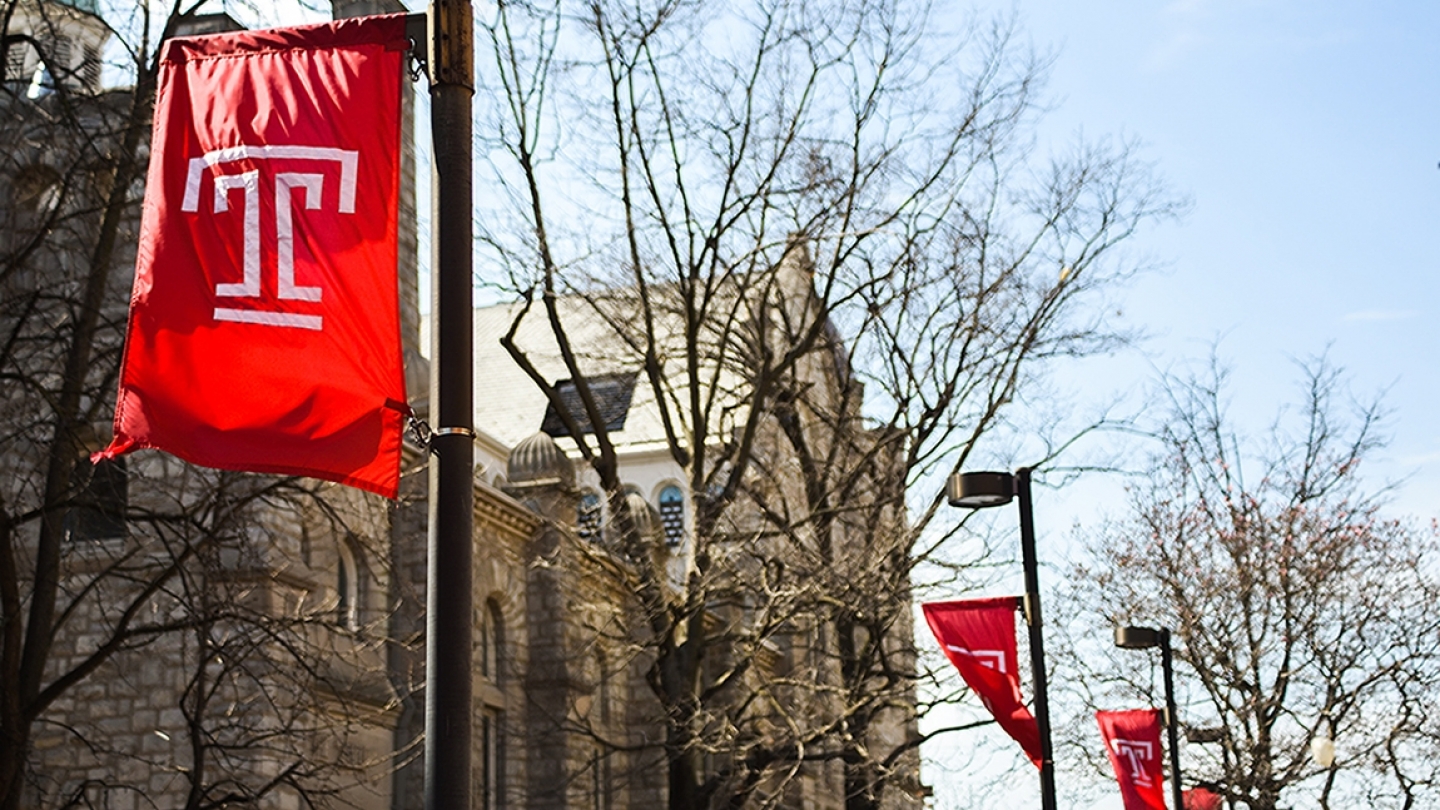Hate crimes have risen substantially since the 2016 election. According to the Huffington Post, violence targeting individuals based upon race, sexual orientation, religion, ability and other identity markers rose in the largest cities in the United States.
By the end of 2016, New York City witnessed a 24 percent increase. A 15 percent uptick occurred in Los Angeles and, in Philadelphia, they rose by an alarming 50 percent. Nationally, crimes targeting Muslims have spiked upwards of 67 percent.
Temple University, nationally ranked amongst the most diverse campuses in the country, is taking action. A new course at Klein College geared towards analyzing how hate is communicated through physical action, media portrayals and art, will appear during the spring 2018 semester.
The course, Rhetoric of Hate and Violence, will not only investigate the conversation of violence in America but also the underlying reasons. “Philadelphia itself is a political city therefore students need to be more informed about social change and participating in social movements,” said Abbe Depretis, an assistant professor in the Department of Communication and Social Influence who is teaching the course.
Through critical readings, documentaries and an exploration of past political movements, students will be able to examine the ethical significance surrounding hate speech and hate violence. “We can’t just study the Martin Luther Kings, we have to study the Malcolm Xs too,” said Depretis.
The course will help students to uncover the strategies that are used during moments of violence, through readings from “In the Wake of Violence: Image and Social Reform” by Cheryl Jorgensen–Earp and “Nonviolence Ain’t What it Used to Be” by Shon Meckfessel. Students will also be required to examine different areas of rhetorical violence as well as case studies of what happens after violence. At the end of the semester, each participant will be taught to successfully create a communication campaign against discriminatory rhetoric.
“A course like this can help people develop strategies for dealing with hate speech—whether it is coming from relatives at the holiday table, from strangers on social media or from neo-Nazis marching down Broad Street,” said Jason Del Gandio, an associate professor in the Department of Communication and Social Influence. “Let's address the hate and use our daily interactions to change the world.”
By Indonesia Young
Nov. 30, 2017

